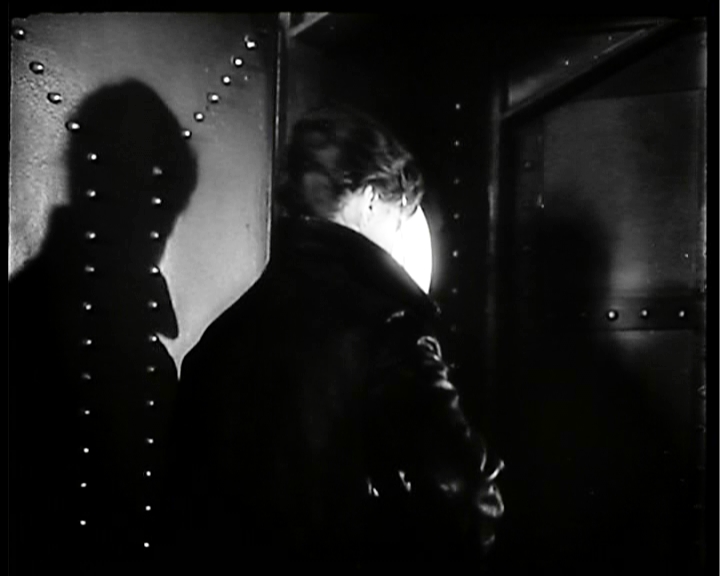The Shades and Shadows of Soviet Cinema of the 1960s: Towards the Poetics of the Unspeakable
Soviet cinema of the 1960s, known mostly as the ‘Thaw’ cinema, within a decade after Stalin’s death, had not only succeeded in reviving the avant-garde spirit of the 1920s, but also, in a way, had revolutionized the visual and narrative aspects of film art. However, being somewhat shaded by the studies of Soviet intellectual montage of the 1920s, the totalitarian aesthetics of the 1930s-1950s or late socialist ‘auteur’s cinema’, it has received fairly little attention in film and media scholarship and remained outside of the ‘canon’ of world film history. Not having been properly studied before 1989, the ‘unknown New Wave” has soon become rather marginal phenomenon, being of interest predominantly to the scholars of Soviet culture. As for the ordinary spectators, many of those films have become ‘unattainable’ and ‘unreadable” in quite a literal sense, due to thedrastic change of the technological landscape and, a fortiori, the sweeping alteration of the sociocultural and political context. If we want to withdraw those ‘critical orphans’ from the historical non-existence, perhaps, a somewhat different strategy of reading has to be developed in the relation to this particular case of the ‘unclaimed heritage’.
Hence, being most interested in the methodological questions related to the studies of Soviet visual culture, I would like to propose several possible ways of its reinterpretation, which would, as I hope, provide a conceptual framework for analyzing the poetics and politics of the Thaw cinema, namely:
- The semiotics of the unspeakable: some methodological tools for reading cinematic texts “between the lines”;
- Black, Red, White? The lenses of monochromatic ideologies and the need for new interpretative optics towards Soviet culture;
- The shadows of unforgotten ancestors: the spirit of destalinization in the Thaw film poetics;
- The medium, technology and the “color” of History: the riddles of "black-and-white” film poetics;
- "Whereof one cannot speak, thereof one must be silent": ideological taboos, aesthetic conventions and censored imagery in the Soviet cinema of the 1960s.;
- To Love or Not to Love: the ideological confusion and emotional disarray and in the cinematic narratives of the 1960s.
Almira Ousmanova (Ph.D. in Social Philosophy) is Professor at the Department of Media and the Director of the MA program in Cultural Studies at the European Humanities University (Vilnius, Lithuania), editor-in-chief of a book series in Visual and Cultural Studies (published with EHU Press, Vilnius). Research interests: theory, genealogy and methodology of Visual Culture Studies, Gender Representations in Visual Arts, Soviet cinema, Art and Politics. In previous years she has had research felowships at the European University Institute (Italy), KWI (Germany), University of Madison-Wisconsin (USA), University of Rochester (USA), Kennan Institute (USA), IKKM (Weimar, Germany), University of Bologna (Italy). She is an author of Umberto Eco: paradoxes of interpretation (2000); editor of several collective volumes: Anthology of Gender Theory (ed., with Elena Gapova, 2000); Gender Histories from Eastern Europe (co-edited with Elena Gapova and Andrea Peto), Bi-Textuality and Cinema (ed., 2003); Gender and Transgression in Visual Arts (ed., 2007), Visual (as) Violence (ed., 2008),Belarusian Format: Invisible Reality (ed., 2008.), Feminism and Philosophy (ed., special volume of journal Topos, 2010). Her articles have been published in Russian, English, German, French, Italian, Lithuanian, Polish and Belarusian. Currently she is working on two book projects, namely: “Fluid Publicness: Art and Politics in Contemporary Belarus”, and “The ‘Unspeakable’ on the Screen: Representations of Love and Intimacy in Soviet Cinema”.

